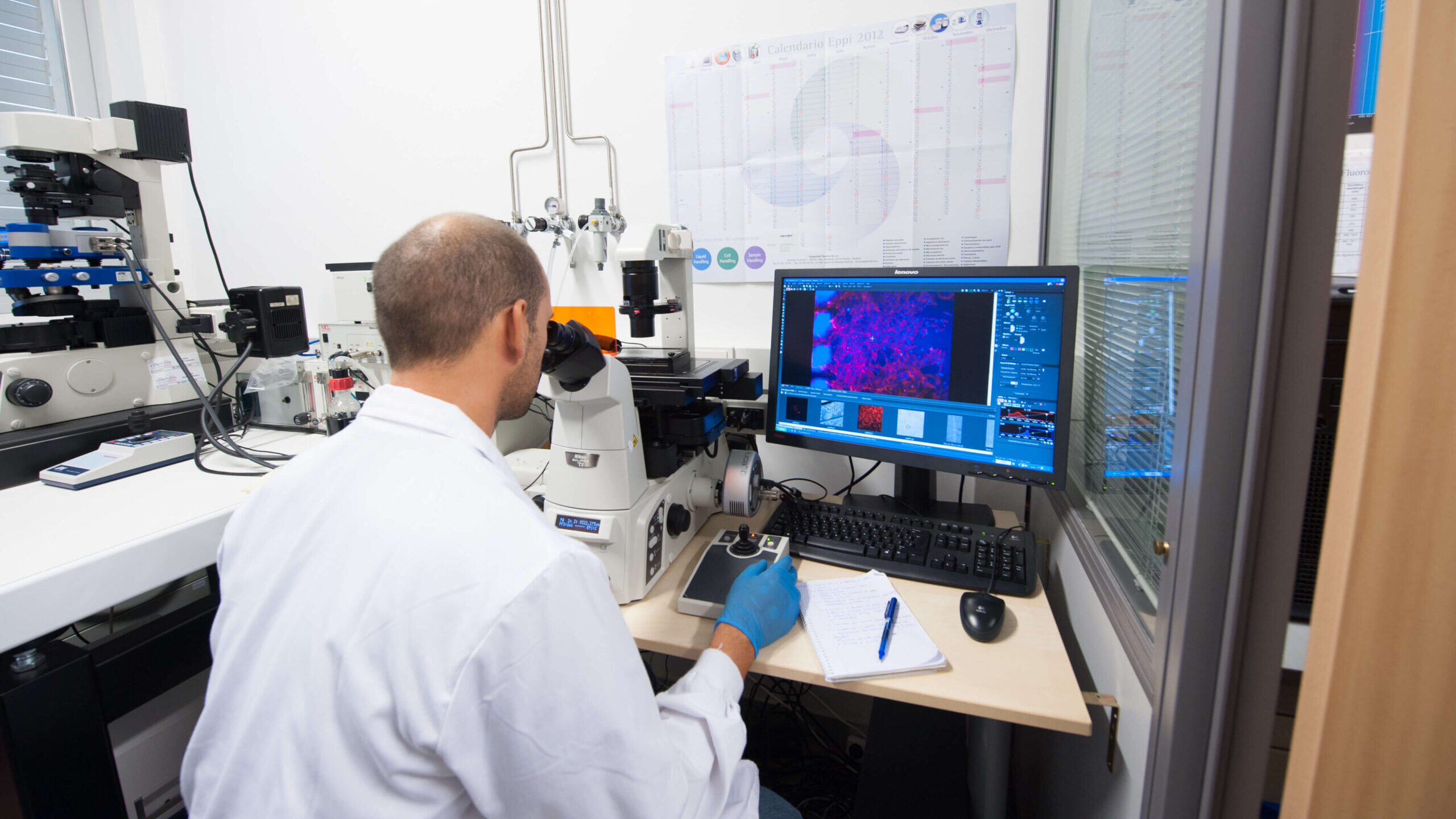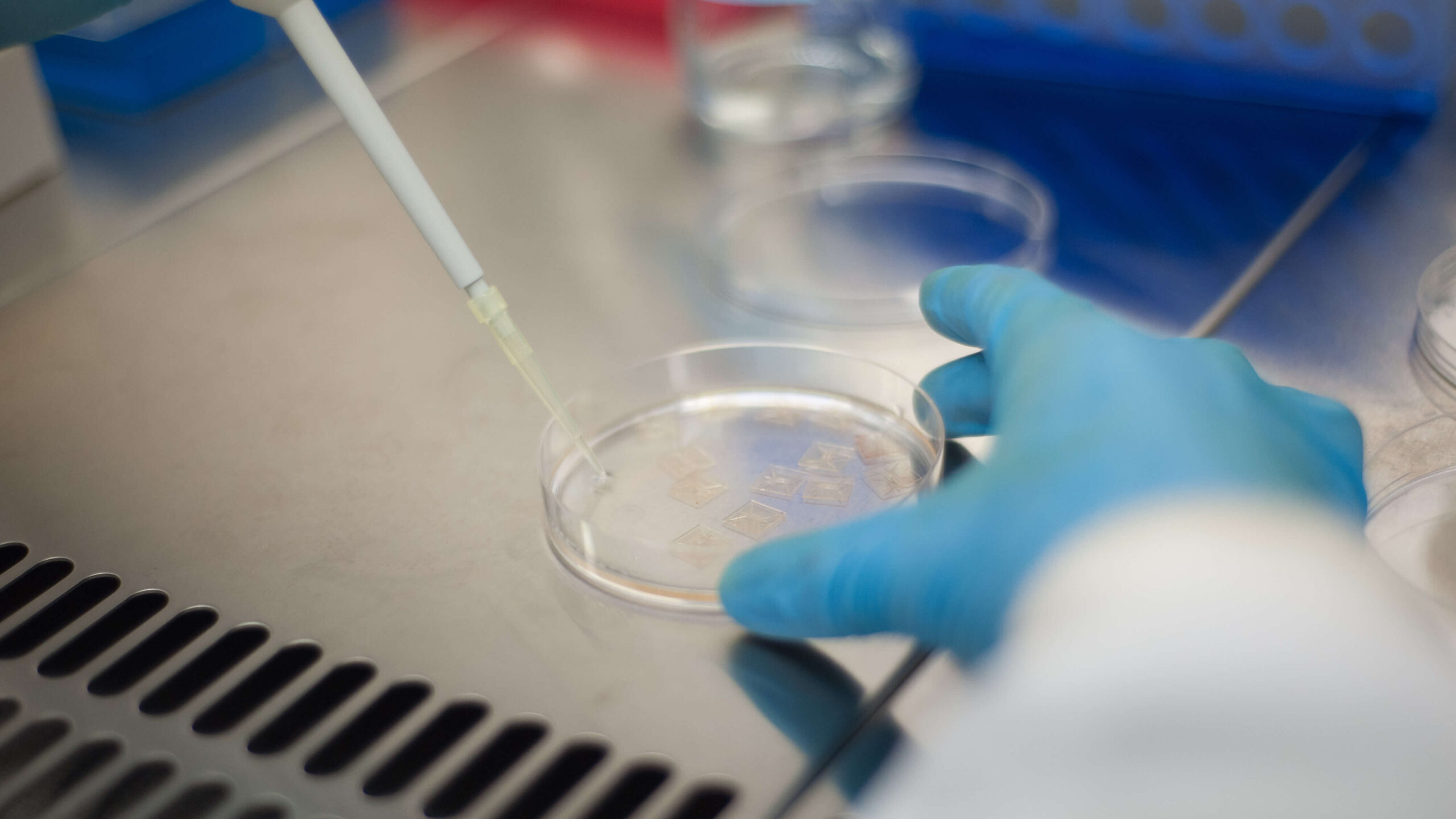Master of Biomedical Engineering
Home
Presentation
The Biomedical Engineering postgraduate course is proposed as a multidisciplinary Master's degree. To this end, the University of Zaragoza's potential in this field has been brought together within the Institute for Engineering Research of Aragon (I3A) and the Institute of Nanosciences and Materials of Aragon (INMA). Following on from this Master's degree, there is an inter-university Doctorate in Biomedical Engineering, offered jointly by the University of Zaragoza and the Polytechnic University of Catalonia.



Topics
Biomedical engineering is a highly multidisciplinary field of engineering. It seeks to provide solutions to any engineering problem that arises in the field of biology and medicine. For this reason, a very relevant aspect of the training will be the ability to develop skills that integrate (individually, but fundamentally as a team) the knowledge and specialisms necessary to respond to the problems that the student will have to tackle in the subsequent development of the profession. They will need to be familiar with engineering methodologies related to design processes, as well as medical terminology, basic concepts of biology and medicine, the specificities of working with tissues, organs and living beings, particularly in the clinical environment, and the social and economic implications of their actions.
The programme offers specialisation in many of the techniques needed to tackle biomedical engineering systems. Thus, systems based on information and communication technologies with applications in the biomedical environment are studied, ranging from information management to support for diagnosis and design of elements to be integrated into the living system. Aspects of biomechanics and biomaterials, which are crucial in mechanical interventions on the living being, will be considered.
In addition to these topics, tissue aspects are already a fundamental complement to the training of biomedical engineers, as are elements of nanotechnology. Electronics and systems engineering also play an important role in this training, as do imaging technologies and the interaction of ionising and non-ionising radiation with living matter.
Grants
There are currently several scholarship programmes for official Master's courses, funded by the public administration.
Among others you can see:
Grants and scholarships for master degree
Follow the link below for more information from the University about grants, scholarships and discounts for Master's study.:
Grants and awards
Language



